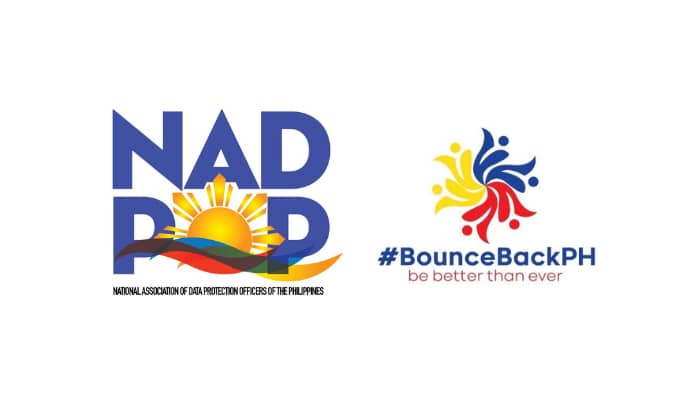Singapore – Singapore marketers’ campaign results are at risk due to data complacency, with 40% struggling with their data strategies, according to a Yahoo DSP report.
Yahoo’s report highlights a need to enhance marketers’ data capabilities, despite the generally positive outlook on practices.
While 44% of Singapore marketers are confident with their data strategies, the number sits close to the 40% facing challenges despite access to tools.
Additionally, only 33% claim that their companies are aligned on efforts to remain updated and enforce data privacy strategies. Meanwhile, 66% admit to gaps in nurturing data culture practices within their organisations.
Growing data privacy concerns have increased the number of consumers opting out of third-party cookies. This makes conversion strategies and attribution a challenge for marketers.
However, 40% of marketers report that accurate last ad exposure attribution would solve this, while 38% plan to discover deeper audience insights.
Singapore marketers also show an interest in identity testing and multi-touch attribution, but their actions show a gap far from this goal. 64% admits to refreshing key audience segments occasionally or less, failing to follow through on tested tactics.
Despite marketers remaining updated in the industry through reading news and attending events, the report shows a lack in preparation for identity and signal loss.
“The findings are clear: the industry stands at a pivotal crossroads. With consumer trust and privacy increasingly crucial, the need to recalibrate data strategies fit for the current climate is paramount. Clinging to the status quo not only squanders opportunities but also jeopardises long-term growth. Marketers must adopt a more strategic and forward-thinking approach to data—one that’s both innovative and future-ready. The urgency to act has never been greater,” Kris Kam, head of PMX Media Singapore at Publicis Media, said.
“Recent surveys and industry sentiments all point to a harsh reality – marketers are not ready to navigate a landscape where third-party cookies and traditional tracking mechanisms are phased out. Specifically, in Singapore where performance and conversions are prioritised, working with a dying user identifier such as cookies puts conversion strategies at risk. Unless they explore other identifiers and non-addressable solutions that include a mix of first-party data, ID-less targeting and modeled conversions, marketers in Singapore can expect to experience performance degradation in their campaigns as more consumers opt out of tracking,” Dan Richardson, director of data and insights at Yahoo DSP AUSEA, said.
“Yahoo is committed to empowering brands to take the next step in their data practices. Data privacy isn’t the future; it is here and now, and marketers need to be equipped to navigate this increasingly complex ecosystem with confidence and continuously reach their goals,” Richardson added.











